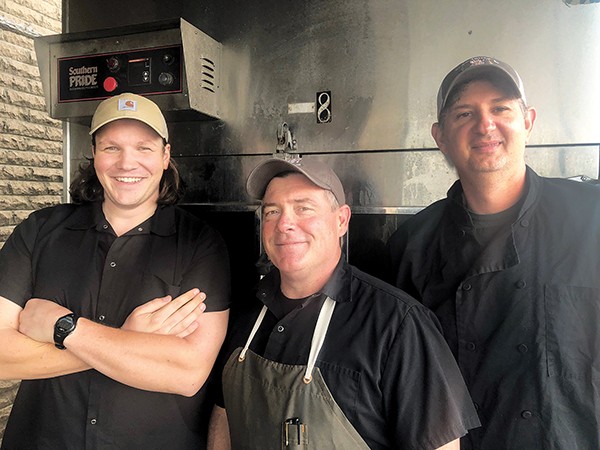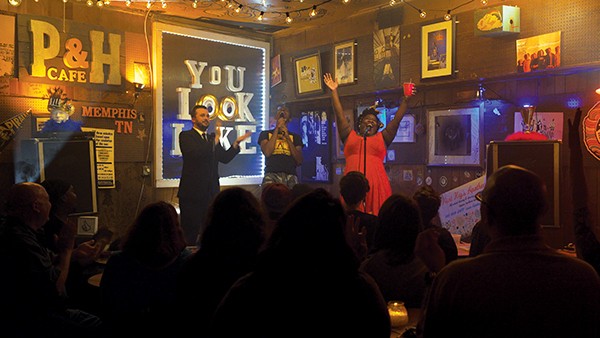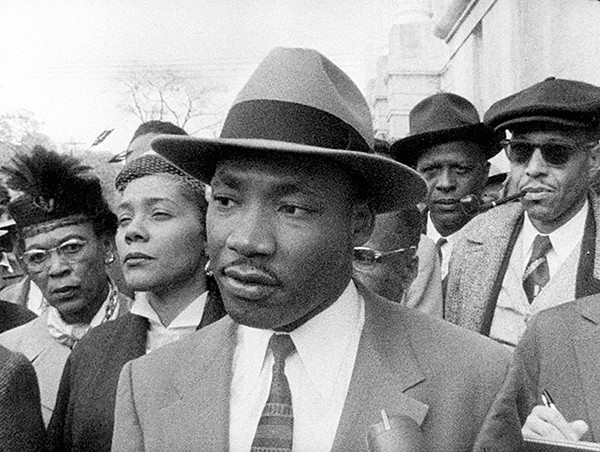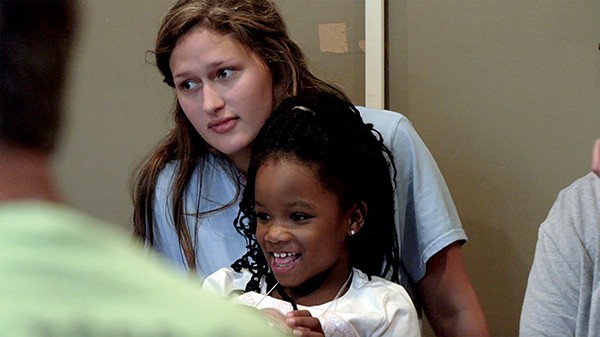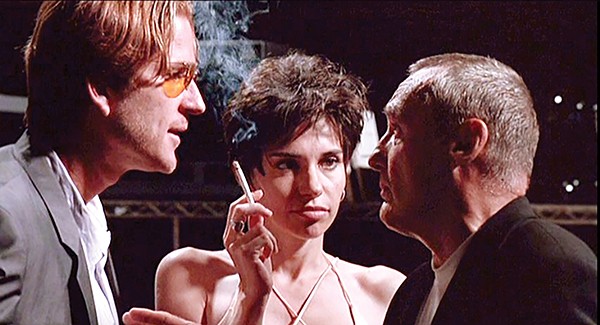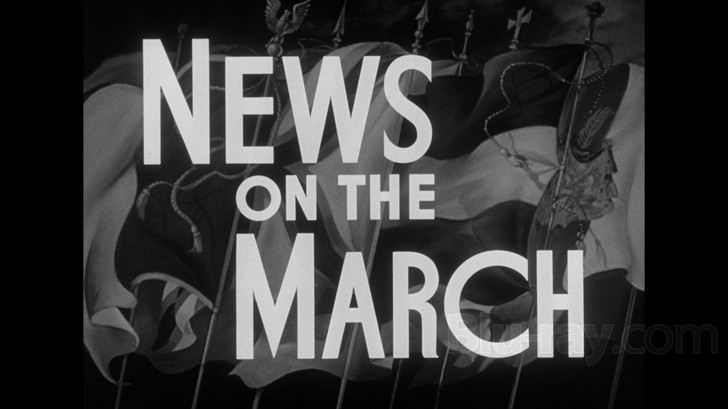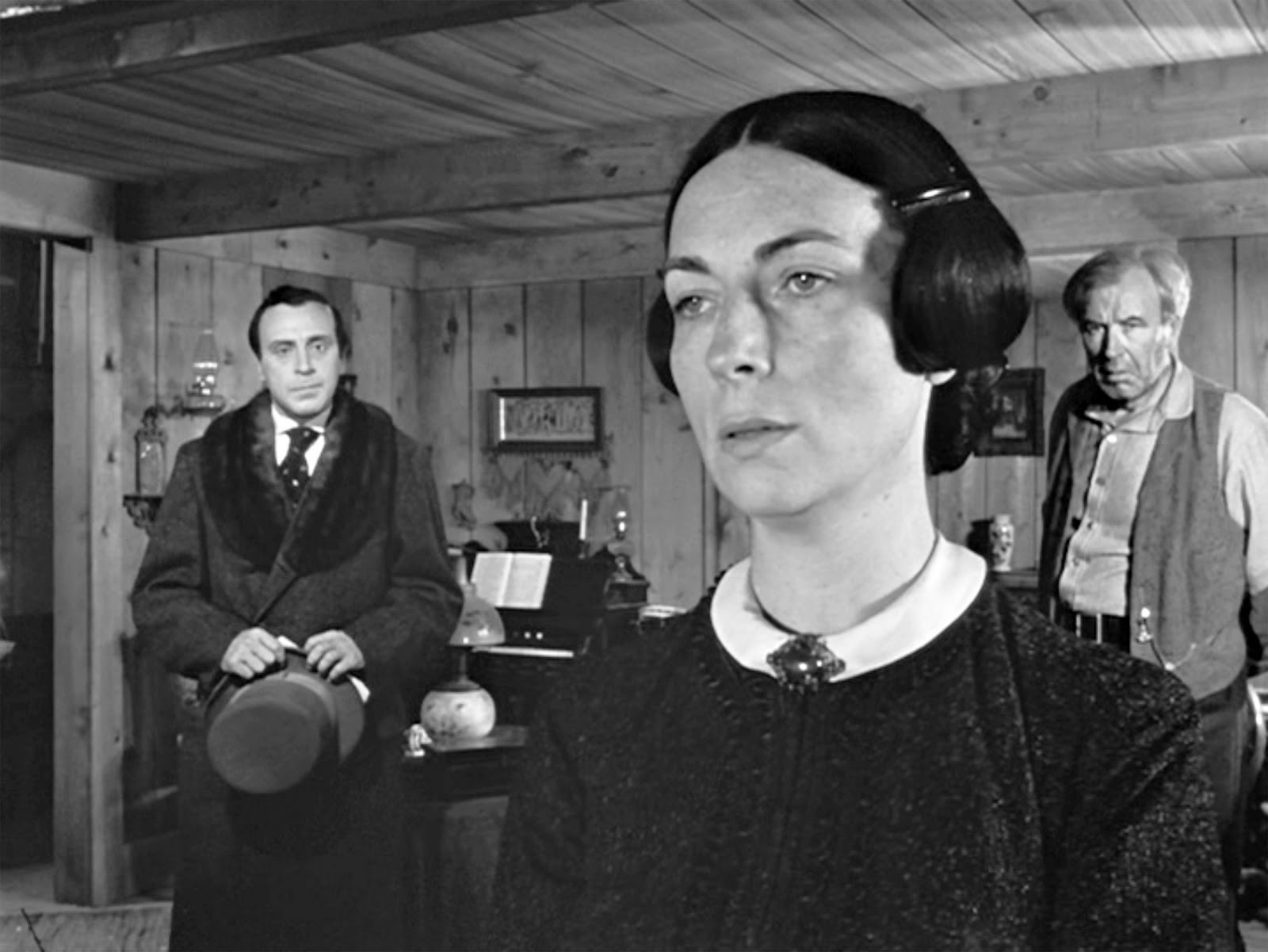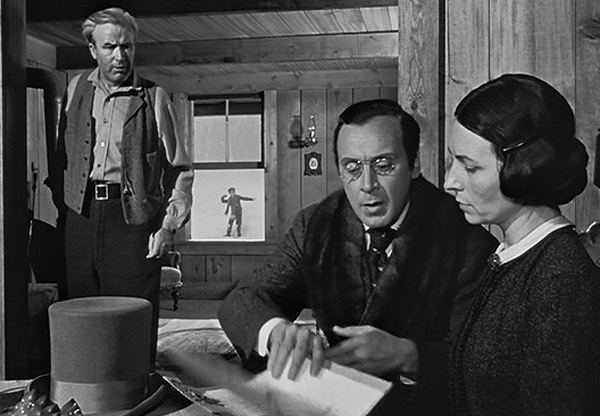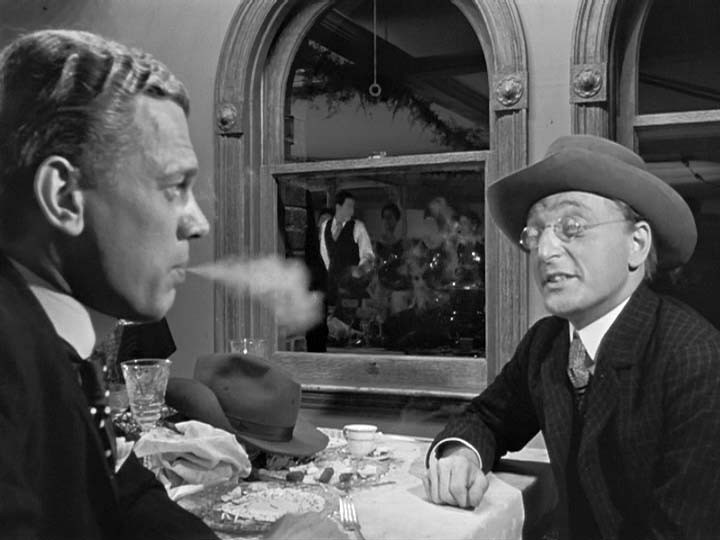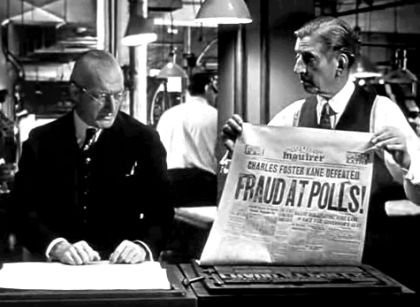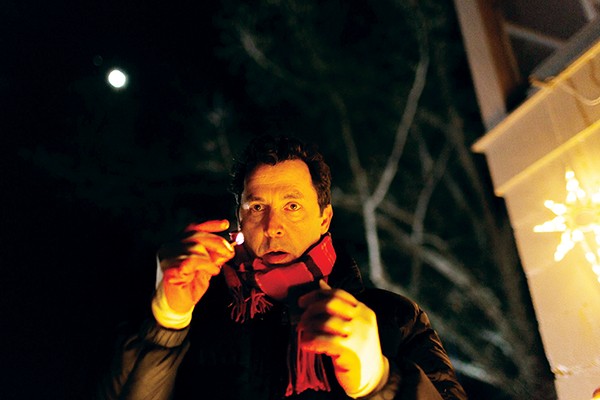This is the eleventh year the Memphis Flyer has asked our readers to tell us about outstanding young people who are making the Bluff City a better place. We had a record number of nominees, so narrowing it down to 20 was more difficult than ever. We do this so Memphis can meet the leaders who will be shaping our future. Even though we live in a time of uncertainty, speaking to these talented 20 never fails to fill us with hope.
Here they are: Your 20<30 Class of 2020.

 Photographs by Justin Fox Burks
Photographs by Justin Fox Burks
Special thanks to Central Station Hotel for hosting our photo shoot.
……

Austin Rowe
Austin Rowe
Realtor
Austin Rowe wants you to Make Memphis Home. He adopted the motto three years ago when he got his realtor’s license, and he’s been putting people in houses ever since — he’s on track to sell $4.5 million worth this year. “I tell people all the time that Memphis has an undercurrent of soul that can’t be seen, it can’t be heard, it just pulls you in.”
Rowe lives in Midtown with his partner Taylor and their corgi Rivendell. He is active in Friends For Life and president of the Memphis chapter of the National Association of Gay and Lesbian Real Estate Professionals. “I like the diversity in my neighborhood the most. You have African-American families, young white families, and older retired people living here. You have Latino families, Asian families. It’s everything about what America is supposed to be.”
……
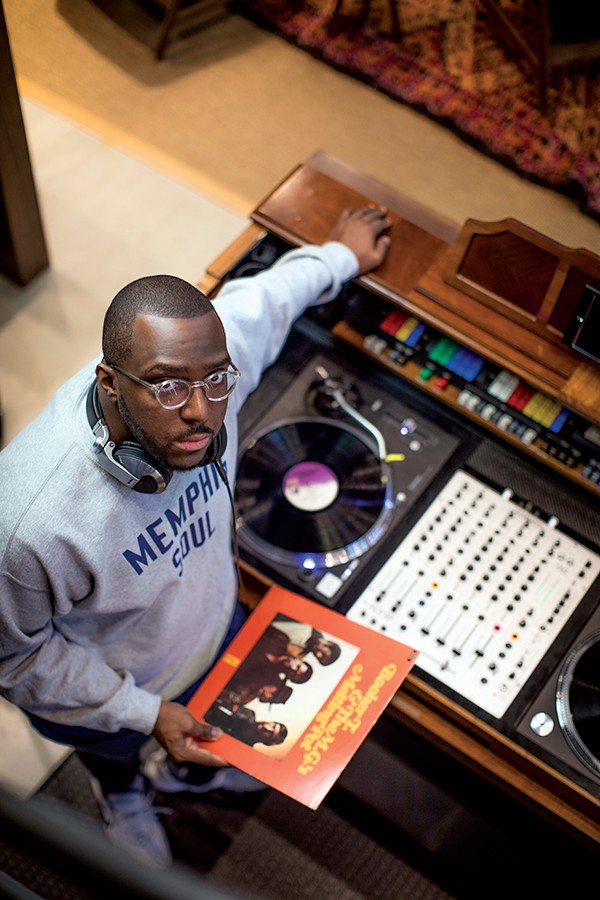
Jared Boyd
Jared “Jay B.” Boyd
Reporter, Daily Memphian
After three years in Mobile, Alabama, Jared Boyd couldn’t wait to return to Memphis. “You know, home is home.”
When the University of Mississippi School of Journalism and New Media graduate was offered a job at the Daily Memphian, he jumped at the chance. “I think the big thing about working here is how many well-respected stars are in this newsroom,” he says. “It’s like coming to work for the Avengers every day.”
Boyd’s other passion is music. “I started writing and recording in my bedroom when I was 12,” he says.
These days, he is the co-host of Beale Street Caravan, the long-running syndicated radio show that highlights music from Memphis and beyond. On the weekends, he can be found in the DJ booth. “Central Station is my home base … People come there and visit from as far away as London, and I love having conversations with people about music. It’s fun to be in that space and be the total brand ambassador.”
……

Paris Chanel
Paris Chanel
Modeling Agency Owner, Social Media Influencer
This is not the first time Paris Chanel has been on the cover of the Memphis Flyer. Most recently, the owner of the Paris Chanel Agency graced these pages on Valentine’s Day 2019. “I started [modeling] when I was 12,” she says. “It was love at first sight, and I haven’t stopped.
“Growing up in the industry, there weren’t a lot of girls who looked like me. And I thought, the lack of diversity is deep here. So I wanted to do something different. I want to be able to show diversity in all forms. We represent models who aren’t the standard shape and size. We have plus-size models, and we’re looking to get plus-size men on board, too … Everybody deserves a time to shine. So that was my thing — I wanted to create a new avenue for people who probably wouldn’t have been given the chance to explore their dreams.”
……

Ethan ferguson
Ethan Ferguson
Tech Entrepreneur
The first company Ethan Ferguson founded was Augseption XR, which offered augmented reality services for education uses. The second was Cinilope, which is developing new uses for drones. The most remarkable part of the story is, Ferguson is a 20-year-old sophomore at Rhodes College. “I decided to put down roots in Memphis during high school. I had clients in my hometown, and I really wanted to keep working with them in the future. Being able to stay in Memphis to grow my business has been an amazing opportunity for me.
“Things are changing, and much of that has to do with the education system. We need to put education first. We need to be ready for the new, more automated, high-tech economy. Many of our students are being underserved. Fortunately, it doesn’t take a lot to upgrade from the old way of thinking to a new one because the technology is everywhere.”
……

Ayo Akinmoladun
Ayo Akinmoladun
Dean of Instruction, Cornerstone Preparatory Elementary
“I graduated from Georgetown in 2013,” says Ayo Akinmoladun. “When I was in D.C., I did student teaching, and I realized that a lot of educational inequality popped up in D.C. So I looked all over the world until I saw Teach For America. They matched me here in Memphis. I’ve been here for seven years. I’ve seen the effect the political and the educational landscape has on students. I think, how can I change the narrative as a black educator here? As a rising principal, how can I change the narrative so students have access to college and [the same] opportunities as their peers?”
Akinmoladun says just seeing someone who looks like them at the head of the class can help encourage students who might otherwise get discouraged. “Black male teachers make a difference for low-income black boys. [With them], they are 29 percent more likely to pursue college and 39 percent less likely to drop out of high school.”
……

Terrica Cleaborn-Thornton
Terrica Cleaborn-Thornton
Lil’ Miracles Food Truck and Catering
Terrica Cleaborn-Thornton says she got her gifts from her mother. “We’ve catered for dignitaries. We’ve catered for Tom Shadyac, the Hollywood producer and U of M professor.”
When Cleaborn-Thornton thought it was time to upgrade to a food truck, she approached her mother with the idea. “We went to her right after she found out she had stage one cancer. ‘Mom, we have a gift. People flock to your home for food — all races, nationalities, and classes. Let’s serve.’ She said she wouldn’t do it unless we were giving back. I said, ‘We’re going to make it our mission that every homeless person, or someone in need, gets to eat for absolutely free, no matter what. That’s when we came up with the Pass Forward initiative.
At Lil’ Miracles Food Truck, what would usually be tips are put toward feeding anyone in crisis, no questions asked. Thornton calls the needy people who come to her for help Wandering Angels. “If you give people a reason to give back, they will.”
……

Deveney Perry
Deveney Perry
Resilient Communities Manager, BLDG Memphis
This Spelman College alumna and native Memphian is taking on equitable community and economic development in Memphis. “I’ve been working on a national initiative that works with communities to ensure community voices and decision-making guide equitable growth and development. The growth and development will benefit their health as well as their economic opportunities.”
Perry’s work for BLDG Memphis includes things like supporting North Memphis communities to achieve and maintain land ownership, revitalizing public spaces that actually work for the people living there, and building the trust that society needs to thrive.
“We start community engagement at the point of a transactional need. We don’t start at the point of just building relationships. … Community engagement is not a one-time thing that is based on a need or an agenda. It’s a relationship that’s built over time. That’s how we’re able to support and revitalize Memphis neighborhoods.”
……

Gene Robinson
Gene Robinson
Germantown High School Football Coach
“I played football at Whitehaven High School, and that was my way to a free education,” says Gene Robinson. “I got a full scholarship to the University of North Carolina. It was there I got my passion for being able to come back to Memphis and show these young people the opportunities. When I got there, I was like, wow, there are all types of people here, and we’re all getting a free education through the game of football. You hear, ‘This kid can’t succeed,’ but get them on a college campus and get them a degree … well, most of my friends now have good jobs.”
When Robinson returned to Memphis after his collegiate career as a letterman defensive back, he became a coach for Fairley High School football, where he led the Bulldogs to three consecutive regional championships. As 2020 dawned, he moved to Germantown High School.
“I wanted to come back to Memphis because this is where I learned my grit, my grind. I wanted to give these kids a way out.”
……

Rod Erby
Roderick Erby
IT Auditor, International Paper
Roderick Erby has always been a good student. Looking back, he says he realized that he didn’t succeed alone. “I’ve had many informal mentors who, throughout the years, have taught me things that, at the time, I didn’t know I needed … I didn’t realize the gravity of that until I got to college.”
When he’s not keeping the information systems humming at IP, he devotes himself to mentoring people. “I have a mentee in graduate school and one who is about to graduate from high school. Here at International Paper, we have a scholar group of eight or nine kids we meet with every other Monday. They’re juniors in high school. One thing I always find I can help people with is professional etiquette … More recently, I’ve become interested in positive mental health practices. That’s where I’ve helped a lot of my friends who are even my age understand what it means to take care of their mental health, to get a therapist, and to be really intentional about making sure they’re okay mentally, as well as physically and spiritually … That’s what it comes down to for me: helping people. I’ve learned things. I’ve had a lot of experiences. Anything I can do to pass that along to other people to help them, that’s what makes me feel good.”
……
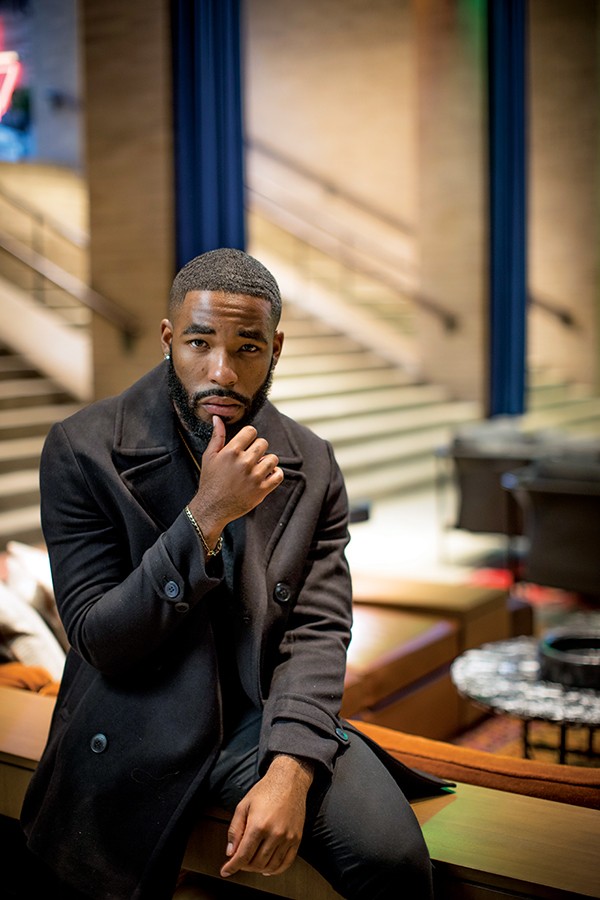
Kevin Brooks
Kevin Brooks
Filmmaker
The two-time Memphis Film Prize winner, Sundance fellow, and youngest-ever board member for the Memphis and Shelby County Film and Television Commission started his trajectory when he saw The Matrix at age 6. “I just really loved how that movie was very entertaining, but at the same time, it has moments that I felt were deeper than just action … That’s just kind of always stuck with me. I want to make entertaining films, but I want it to cause you to really think and leave the theater different than when you came in. That same year, my dad came home with a camera, so it’s like everything kind of played together. It was just meant to be, I guess.”
After the success of “Night Out,” the short he co-directed with Abby Myers, Brooks is working on a documentary and his first-ever feature film, which he plans to shoot in Memphis. “The best artists are the ones who know how to kill the ego and know it’s about serving the audience. That’s what you’re doing: You’re making something that can touch someone, and change someone’s life.”
……

Victoria Young
Victoria Young
Attorney, Baker Donelson
Before Victoria Young went to law school, she was a teacher. “I love teaching, but the changes I want to see made aren’t going to be done in the classroom. In order for me to have the effect I want to have, I would need to understand policy and how policymakers and legislators think. … It feels like the manifestation of a dream. I am blessed not only to practice law, but to be able to practice law in Memphis at a firm that has such a rich tradition and a rich history.”
For most people, that would be enough. But not for Young. She started spin classes while in college at Duke University, and when she returned to Memphis, she started Spincult, a boutique cycling studio in the Medical District.
“I wanted Spincult to be a hub for the anchor institutions of the Medical Center, but I was also building a place for me, as a grad student, to enjoy. … I wanted it to be a place where people who do the heart work can come and get a hard workout in.”
Earlier this month, Young welcomed her first daughter into the world. “Now, it’s even more important that I’m able to show her that you have to genuinely invest in the people you care about, and the places you care about.”
……

Kevin Woods
Kevin Woods
Urban Farmer
“When I came to Memphis about six years ago, I saw opportunity. There was so much blight around, vacant lots that I could utilize. I started looking at how to acquire some of these lots and went to the land bank and purchased a few. I was just trying to make urban farming a viable option for people in the city. … My urban farm is where all the blight is, where people are not likely to end up. People don’t want to live there. I was in those kinds of communities, trying to inspire people to either grow their own food to eat or to make a viable income for themselves. I haven’t reached that point, where you can sustain yourself from urban ag, but I’m going to keep working until I can do that.”
Woods, who also works as a project coordinator for Memphis Area Legal Services, renovated a formerly blighted house where he lives with his new baby Uriah. “I think we’re fighting toward a Memphis for everybody. Memphis has so much personality, so much flavor. It’s unfair to keep it in just one neighborhood.”
……

Joi Taylor
Joi Taylor
Alumni Director, Choose 901
Joi Taylor’s job is to keep talented young people in Memphis. “I was born and raised here. This is my city.”
She started working at Choose 901 in May 2017. “We have five local partner schools in the City of Memphis,” she says. “The whole idea is, after these kids graduate from these partner schools, they enter our program. Right now, we have over a thousand alumni in this program. Our objective is to connect them with opportunities, to mentor them. Anything they need to get ahead in life, it’s our job to connect them with that. But at the same time, to equip them with the skills and know-how to apply what they’ve learned from their mentors to the workplace. … Our whole thing is to make sure that the next generation of leaders in Memphis is well-equipped to take over and be the best that they can be. We want to improve the city of Memphis and [to help people] understand the leadership that’s in place now, so they won’t be clueless when it’s their turn to follow their dreams and take their rightful place as leaders of this city.”
……

Cara Greenstein
Cara Greenstein
Senior PR + Social Media Manager, Doug Carpenter and Associates
Cara Greenstein started her first food and lifestyle blog while she was in college in Austin, Texas. “Caramelized was a school project I started in a public relations writing class in 2012. It combines my passion for writing and story time with cooking and entertaining. When it originally started, it was just to practice my writing skills in the blog medium. But after I turned it in for a grade, I wanted to keep doing it.”
Her writing gained the attention of the Austin Chronicle, and her readership has continued to grow from there. “More recently, I’ve been working with national brands and products to be their lifestyle ambassador while also balancing the great food and lifestyle scene of my city.”
As soon as she graduated, she came back home. “I was watching Memphis’ development get started. I was seeing Downtown and the energy that was being reinvested, and I wanted to be a part of it. I actually met Doug Carpenter, who is now my boss at DCA, when I was a senior and considering my next move. It was even more compelling after that conversation. … I’m looking to build a city that is better connected.”
……
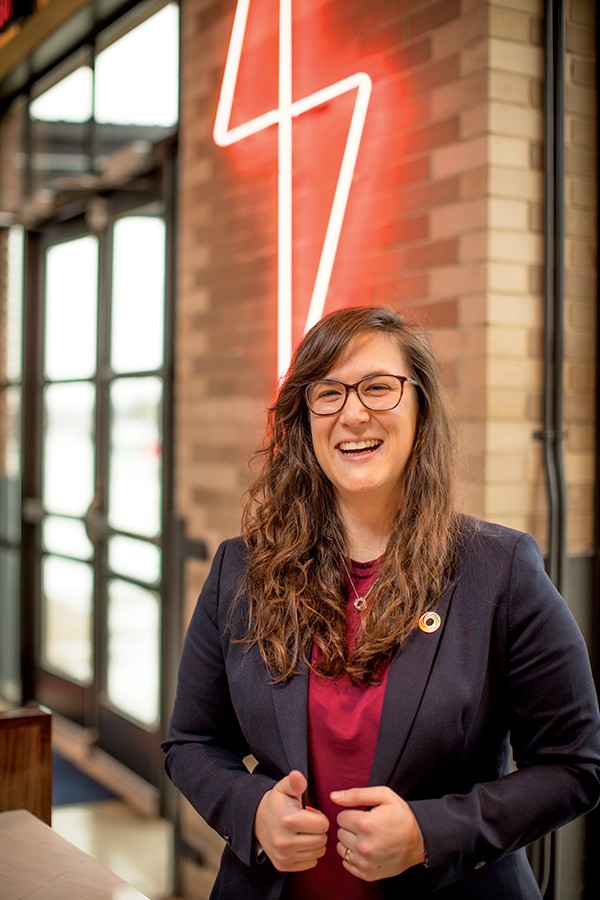
Katherine King
Katherine King
Senior Engineer, FedEx
“I am looking at what FedEx will be five to 10 years out,” says Katherine King. “My work involves looking at vision systems, robotics, and exoskeleton technology, which falls into general human augmentation technology. I get pretty excited about my job!
“When I was first looking for a way to connect with Memphis, I looked for places where I could find people like me, people in my community. Coming from Mississippi, and as someone who came out in college, I didn’t really have a community that identified with me as being part of the LGBTQ community. OUTMemphis was one of the first places that I looked. They just had so many opportunities to get involved.”
King has been an advisor for the OUTMemphis PRYSM youth group and met her future wife through the Metamorphosis Project. For the last two years, she has been the director of the Outflix Film Festival. “One thing I’m excited about, and have really tried to push for at the festival, is to broaden the idea of the LGBTQ voice when it comes to film. … I think there will always be a place for the coming out story in our community, but there’s room for more stories beyond that first step out of the closet.”
……
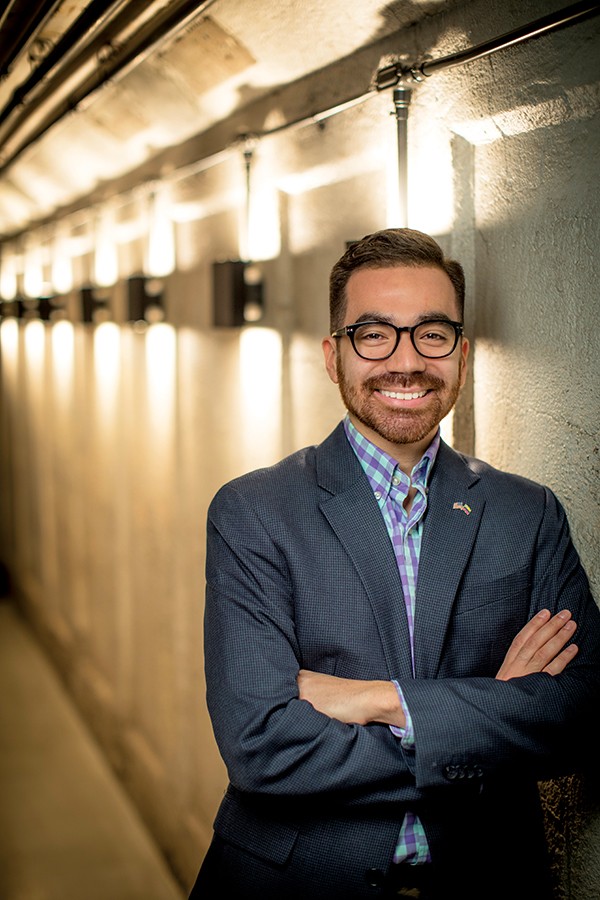
Daniel Bastardo-Blanco
Daniel Bastardo-Blanco
Ph.D. Student, UTHSC St. Jude Integrated Biomedical Science Program
“We are interested in understanding how the immune system works — how the body defends itself against cancer, against bacteria, and infection. In particular, I’m interested in understanding the molecular processes that drive the development of specialized immune cells. We use a number of tools to dissect which molecular players are key in the development of T-Cells, highly specialized white blood cells.”
Bastardo Blanco has a talent for communication that is the envy of many in his field. He has been published in everything from Nature to The Commercial Appeal. He is a freelance journalist and blogger who has advised his colleagues on “Bringing your science out of the journal and into the world.
“I am truly fascinated by the power of science,” he says. “I really believe science has the power to change life and to make the world better. But since I have become a scientist, I have come to realize there is a disconnect between scientists and the general public. We don’t really make a big effort to bridge the two, and we depend on each other.”
He is the founding president of the Venezuelan Alliance of Memphis and the former head of the UTHSC Graduate Student Executive Council. Next month, his research in Memphis will reach its climax when he defends his Ph.D. thesis.”This is coming in great timing for me because it’s really a conclusion of a very big chapter of my life.”
……

Carrington Trueheart
Carrington Trueheart
Cellist, Iris Orchestra
Carrington Trueheart didn’t start playing cello until the eighth grade, a full decade later than most people who perform at his rarified level. But that didn’t stop the Raleigh/Frayser native from obtaining his master’s degree from the University of Memphis and playing with some of the best conductors and musicians in the world. “One thing that music has taught me is, the more you know, the more you don’t know. I feel like every time I enter a new chapter of my life, that circle becomes bigger and bigger. So if you ask me if I’m a natural, I say maybe. But I have to work at it a lot.”
Trueheart is currently the Artist Fellow for the Iris Orchestra. “Part of the fellowship is addressing social inequity in the arts,” he says. “It’s a wonderful program that allows us to do a lot of community outreach. We get to play for kids at Le Bonheur and Hope House. We travel all over Memphis teaching kids in schools. It’s been a big part of my transition from being in school to being a professional.”
……

Goldie Dee
Goldie Dee
Entertainer
Goldie Dee, aka Micah Winter, thrives in the spotlight. “What really gives me anxiety is being in a room that is uncontrolled. When I go into an event space and I’m not an MC or a performer, I want to control it. If things are going off the rails, I feel it is my duty to jump in and contribute to the success of it. I get more anxiety being offstage watching people fail than I do being onstage failing.”
As the new historical marker at Evergreen Theater attests, there has long been an underground drag scene in Memphis. By performing in nontraditional venues and prestigious events such as the Cotton Carnival, Goldie Dee has been instrumental in bringing drag into the mainstream. “I’m on the board of Friends of George’s. It was one of the original discos here in town, which operated from the 1970s to the 1990s. We now operate as a charitable group. We have about four big shows a year under the TheatreWorks umbrella. We do three major donations a year of $10,000-$15,000.”
During the recent holiday season, she estimates she spent upward of 50 hours a month on stage. “That is my goal with Goldie: To be very visible at all times.”
……

Katrina Dorse
Katrina Dorse
Executive Director, Big Heart Fund
“I grew up in Memphis,” says Katrina Dorse. “I was one of those young people who … said ‘I’m never coming back.'”
She was pursuing a master’s degree in social work in Washington, D.C., when she became pregnant. “This was not in the five-year plan I had laid out,” she says.
Dorse returned to Memphis to have her baby with support from her family. “Kellen was born with seven congenital heart defects.”
About 1 in 100 babies are born with heart disease. Kellen spent three of his five months of life at the Le Bonheur cardiovascular intensive care unit, with Katrina by his side. “When I look back on our journey, I see I was very fortunate because we had a lot of support.”
But the other families in the ICU didn’t have that kind of support, so Dorse started the Big Heart Fund, which helps families of ill children with things like housing and other expenses. “You go through this experience that nothing in life can ever prepare you for, but at the end of it you’ve got this wealth of knowledge and experience that you can share with another family. If for nothing else, just to let them know that they’re not alone.”
……

Sherrie Lemons
Sherrie Lemons
Communications Director and Clinic Liaison, Memphis Full Spectrum Doula Collective
In 2018, Lemons was named Planned Parenthood’s Young Volunteer of the Year. One factor behind the award was her work as an abortion doula. “We’re the hand-holders of the abortion procedure. We provide physical and emotional support for each patient as needed. If the patient wants us in there with them — consent is a huge factor in what we do — we go into the room with them, we are in there throughout the procedure. … We give them whatever they need.”
Lemons is a native Memphian who is clear-eyed about the kind of future she wants to help build for the Bluff City. “I really want an equitable city. I don’t want to see Memphis associated with the level of poverty that it is currently associated with. … I truly want Memphis to be for everyone. I don’t want that to just be a tagline, putting a smile on a city that has struggled.”
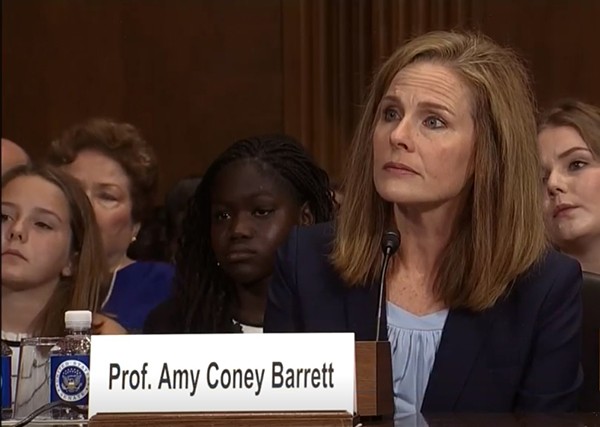 Wikipedia: CSPAN
Wikipedia: CSPAN 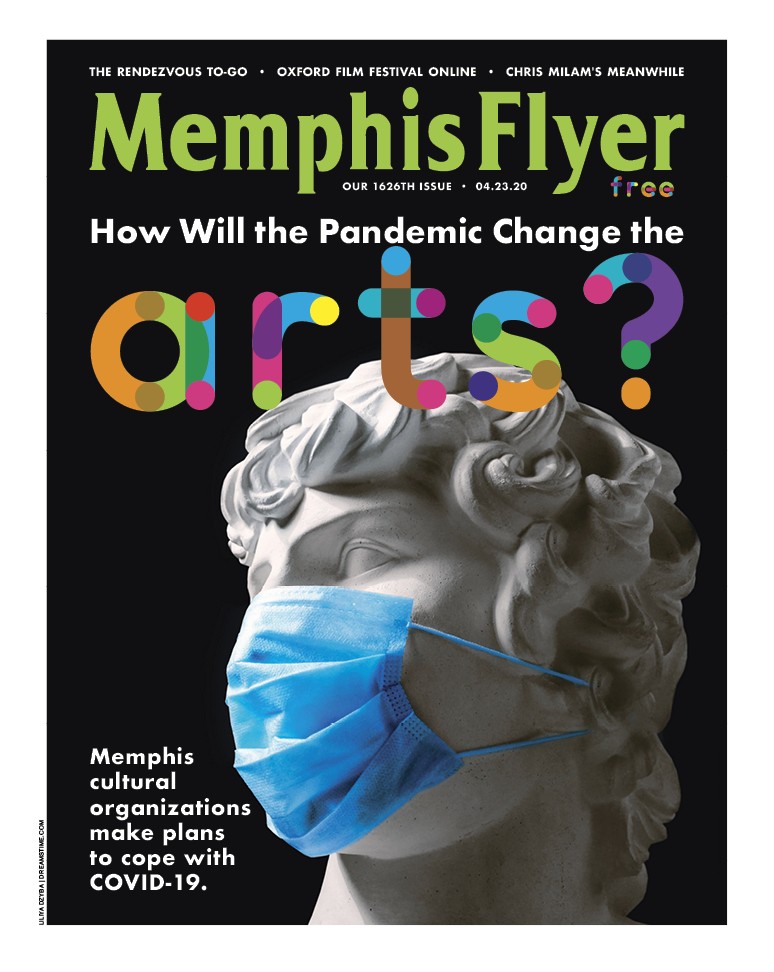

 Photographs by Justin Fox Burks
Photographs by Justin Fox Burks 




















 Courtesy of the Nashville Scene
Courtesy of the Nashville Scene 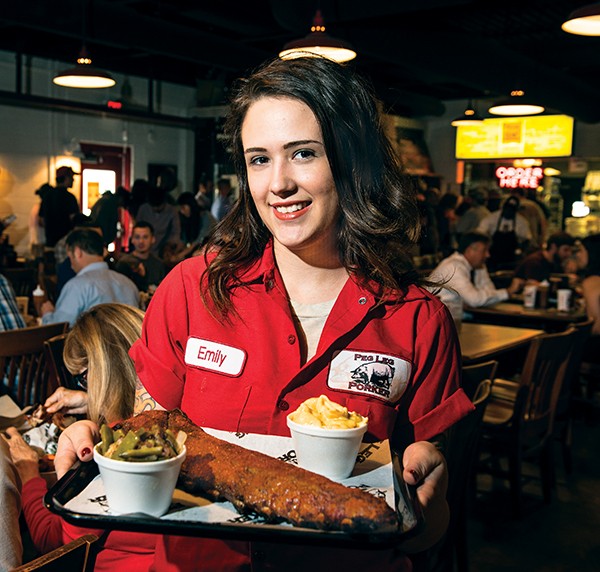 Courtesy of the Nashville Scene
Courtesy of the Nashville Scene  Courtesy of the Nashville Scene
Courtesy of the Nashville Scene 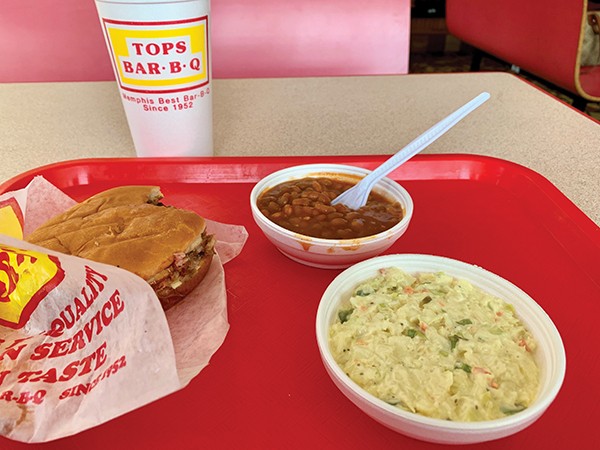 Chris McCoy
Chris McCoy 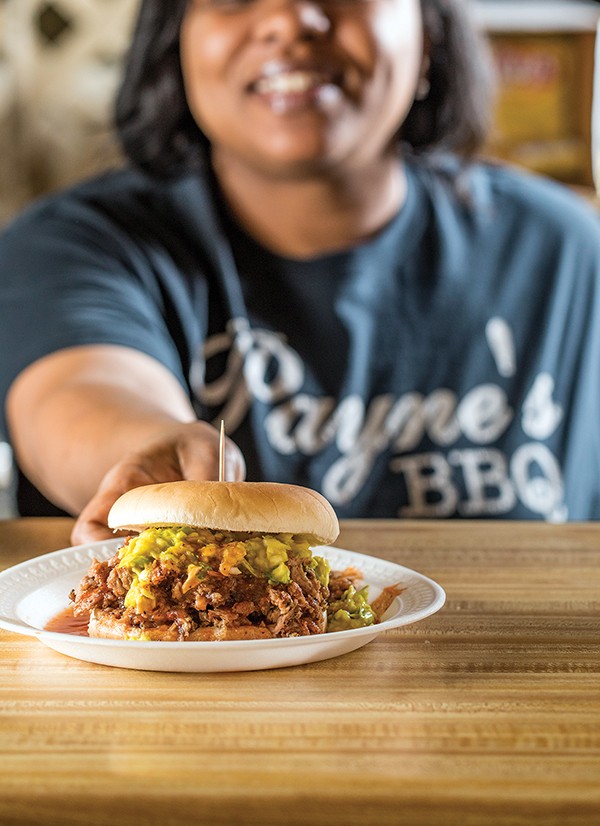 Justin Fox Burks
Justin Fox Burks 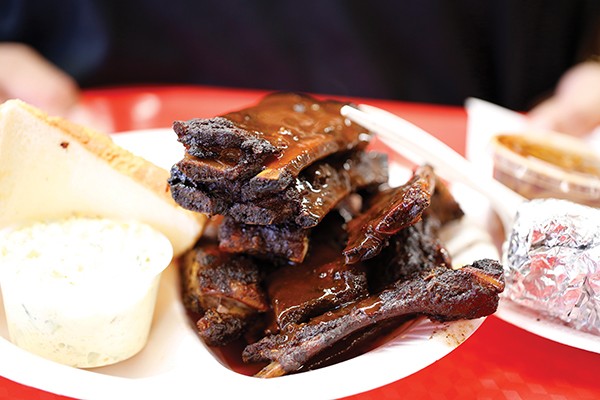 Justin Fox Burks
Justin Fox Burks 